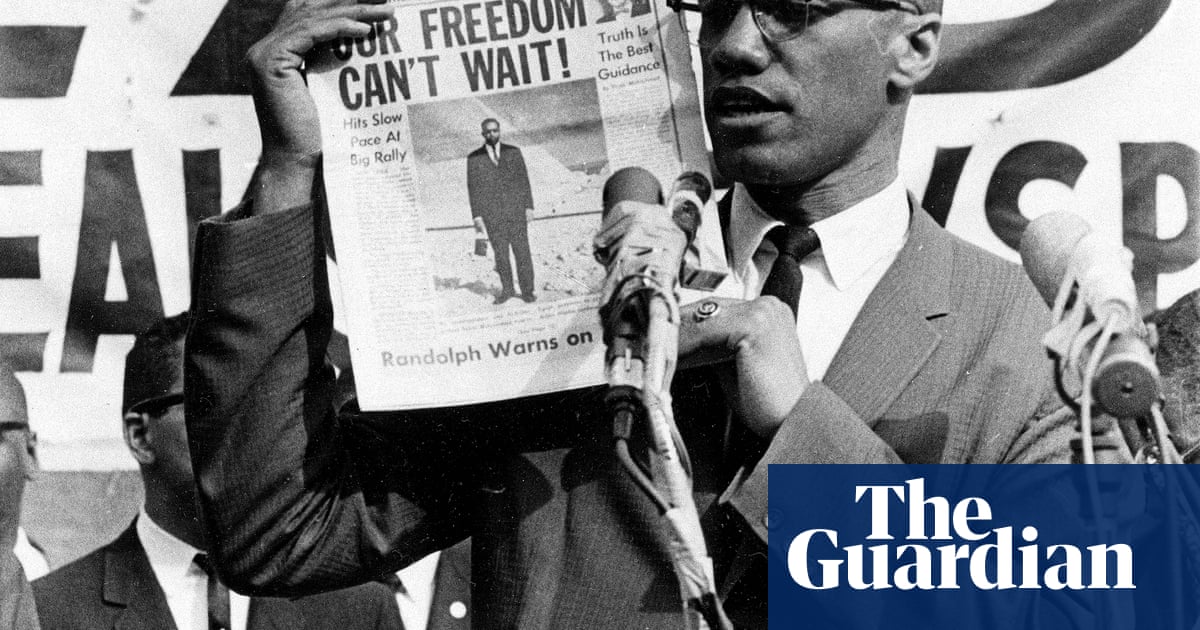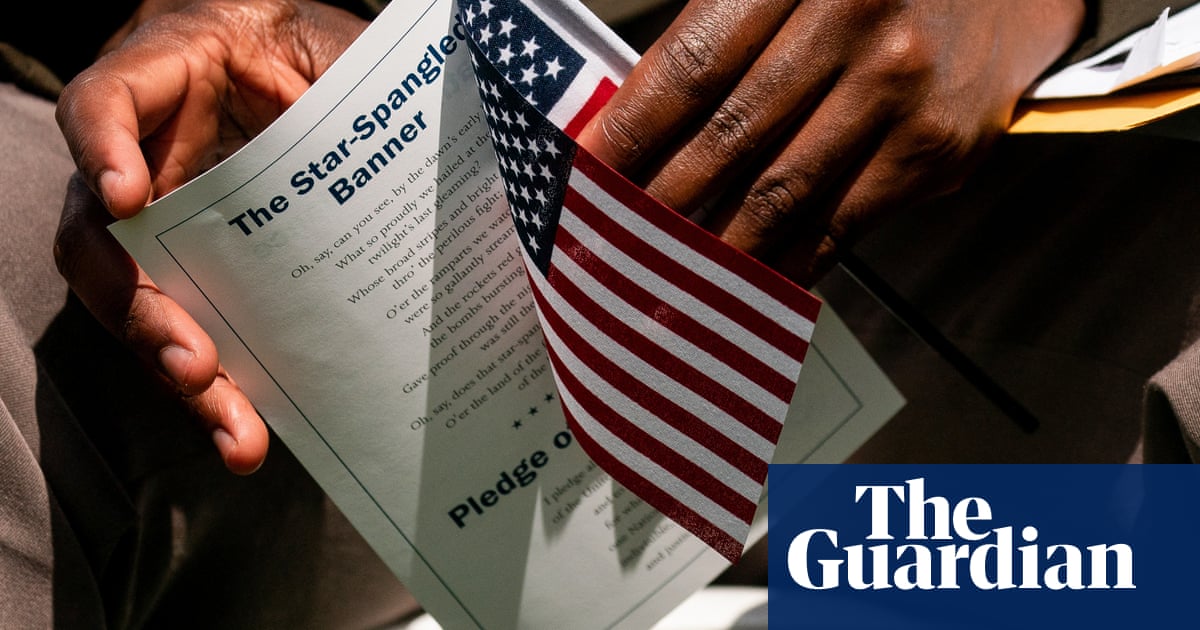A parliamentary committee has recommended a bill that seeks to radically reinterpret New Zealand’s founding treaty between Māori tribes and the British Crown should not proceed.
The treaty principles bill, which was introduced to parliament by the minor coalition Act party, seeks to abandon a set of well-established principles that guide the relationship between Māori and ruling authorities in favour of its own redefined principles.
The bill prompted a record number of submissions, including more than 300,000 written submissions. After weeks of hearings, the justice select committee reported back to the house on Friday, more than a month ahead of schedule.
In its report the committee said the vast majority of submissions received opposed the legislation. Among the common themes raised by opponents were inconsistency with the treaty, flaws or inadequacies in the bill development process and the negative effect of the bill on social cohesion.
The Act party argues that Māori have been afforded different political and legal rights and privileges compared with non-Māori because of the principles that have flowed from the Treaty of Waitangi – New Zealand’s founding document that is instrumental in upholding Māori rights.
The bill has sparked strident criticism from lawyers, academics and the public, who believe Act’s principles will weaken Māori rights and remove checks on the crown. It has prompted mass meetings of Māori leaders, and the largest ever protest on Māori rights.
The bill’s proponent, Act leader David Seymour, said that high-profile bills often result in committee submissions that “don’t reflect public opinion”.
“Opponents will make much of the balance of submissions, but if they believed the public opposed the bill they could call for a referendum where everyone votes,” he said in a statement after the report.
As part of its coalition agreement with Act, National promised it would support the bill through its first reading and the select committee process. But both National and the third coalition partner, New Zealand First, have said they will vote it down at the second reading.
Prime minister Christopher Luxon told media on Tuesday the committee had been overwhelmed with the number of submissions.
“The positions on the treaty principles bill are well known on all sides of that debate and what’s important now is to actually wrap it up and actually move it forward,” he said.

 1 month ago
26
1 month ago
26

















































